We’re ‘open sourcing’ our Talent Catalog software
Why shouldn’t refugees be able to compete in the international jobs marketplace like anyone else - despite their refugee situation? TBB has always seen its role as a catalyst, working with existing organizations in the refugee sector, to popularize and normalize international recruitment as a viable pathway out of displacement. A critical part of this is making refugee talent visible to employers, and technology makes that possible.
In that spirit, TBB has decided to make public the software we have developed to support that international recruitment: The Talent Catalog. We hope that it might be useful to others in the sector who may be looking for a solution.
What is the Talent Catalog?
The Talent Catalog was originally designed by Talent Beyond Boundaries in collaboration with a number of refugees with technology expertise across Lebanon and Jordan. Since the launch of the Talent Catalog in 2016 more than 25,000 refugees have registered. Through local partners and volunteers, TBB conducts ongoing outreach efforts globally to introduce new talented refugees to the catalogue.
Refugees can enter their qualifications, professional experience and any key documents into the Talent Catalog, and CVs are automatically generated for them to download and share with potential employers. The data collected in the Talent Catalog also makes it easy to search for candidates with the precise skills that employers are looking for, and aggregate data demonstrates the breadth and depth of talent among skilled refugees and other displaced people.
Click here to download the latest Talent Catalog ‘snapshot’: a simple one-page summary of our available talent pool.
Why open source?
By open sourcing the Talent Catalog software we are making the source code freely available to others to use and improve as a common resource.
We hope to leverage the well known advantages of open source software by encouraging others to contribute, improving the quality of the software and expanding its functionality for the benefit of all. The transparency that comes from access to “source code” can serve to build trust in the software, rather than needing to have faith in a proprietary “black box”. Also, broadening the number of participants contributing to the development of the software can make the software more “agile” and responsive to the needs of the sector..
The existing software has benefited from around 5 years of real life practical experience of “doing” displaced talent job matching and mobility. It was completely rewritten from scratch in 2019 and a new version was delivered at the beginning of 2020. This rewrite was partly prompted by the aspiration to eventually move it to open source, but it also served to move the basic functionality to a more modern, secure and flexible architecture (see the details below).
Throughout 2020, taking advantage of the new architecture, the speed, reliability and functionality of the software has accelerated rapidly.
Privacy as strong as ever
Open sourcing provides the source code of our Talent Catalog software to other developers. It does not mean sharing any of the actual data captured on the Talent Catalog. Refugees who register on the Talent Catalog can feel secure that their privacy will be totally respected and protected by TBB, in accordance with our Privacy Policy.
Getting technical
The software is now publicly available on GitHub, “the global leader in open source software hosting”, who has an active interest in promoting open source for social impact - for example see their recent report on Open Source Software in the Social Sector.
The software is licensed under GNU AGPLv3. This is a licence where people can do anything they want with the software, except distribute closed source versions. It has to remain free and open. Because the nature of this software is that it will be used as a service over a network, GNU AGPLv3 is the most appropriate licence (see here).
The broad technical details of the software appear below (and also on the GitHub wiki - still a work in progress though!). If you or your organization are interested in contributing, please contact me directly.
Technical details:
Reactive, responsive browser front end, coded using Angular/Typescript built on Bootstrap, supporting mobile as well as desktop.
Postgres database and Elastic Search for fast text searching
Deployed using AWS Fargate to provide a robust, dynamically scalable, 24x7 service
Tight integration with Google Drive for secure document storage and Salesforce for process tracking and reporting
Software repository on GitHub


